sNOm
sNOm
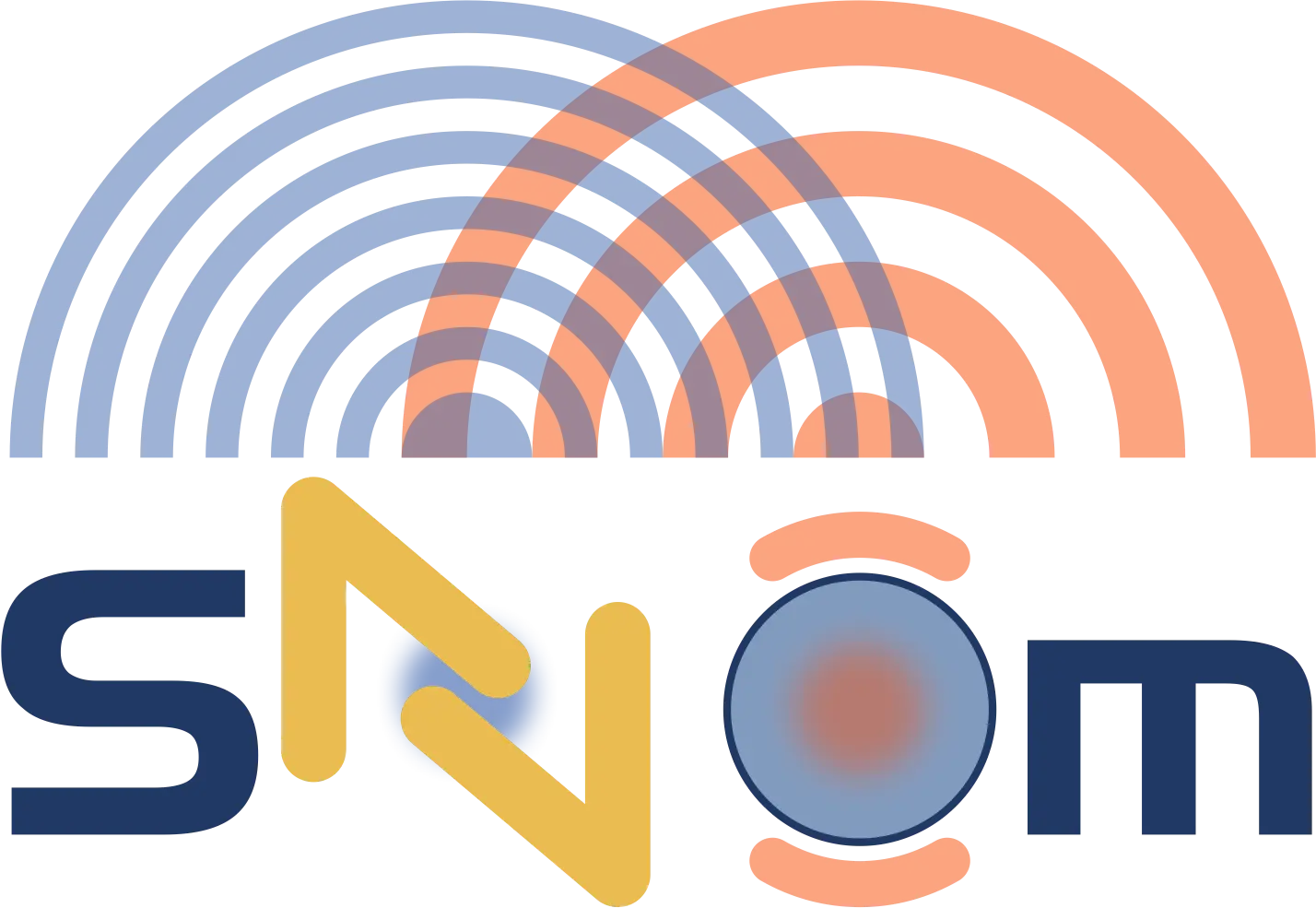
The sNOm Laboratory focusses on the investigation of the fundamental processes and the applications in the fields of:
Plasmonics, Nano-optics and Metasurfaces
Specifically, we are dedicated to the development of plasmonic and nano-photonics platforms for:
- Light steering and modulation at the nanoscale
- Frequency mixing at the nanoscale
- Molecular Sensing
sNOm Facilities
Optical setups
The sNOm lab is equipped with several home-made microscopes and optical setups:
- Linear and nonlinear optical microscope operating both in epi-reflection and transmission configuration;
- Linear and nonlinear optical microscope operating in epi-reflection;
- Setup for the generation of THz pulses thorugh optical rectification and detection via electro-optical sampling;
- Back-focal-plane (BFP)/ k-space imaging system
- a dual-arm omega/2omega setup to perform angle-dependent nonlinear measurements of metasurfaces
Light Sources
The sNOm lab is equipped with several ultrafast and CW lasers:
- a tunable Ti:Sapphire laser (680÷1080 nm, 160 fs pulses) coupled to an optical parametric oscillator (1100÷1600nm, 2000 ÷4500nm, 160 fs pulses);
- two C-band (1550 nm) ultrafast and ultrastable lasers (160fs pulses);
- an optical parametric amplifier (OPA) pumped by an Ytterbium pump laser (690÷920nm, 1000 ÷2500nm, 35 fs pulses).
- a tunable picosecond OPO system (1400-4500nm, 7fs time duration, 0.5 nm bandwidth);
- a set of laser diodes operating in continuous wave from 400 nm to 1550 nm.
Detection systems
The sNOm lab is equipped with several detection systems:
- a visible spectrometer (400-1100 nm);
- a near-infrared spectrometer (1000-2200 nm);
- 3 single-photon avalanche photodiodes working in the visible (400m-900nm);
- 8 superconducting nanowire detectors (Quantum Opus) working in both the NIR (600-900 nm) and SWIR (1300-1700nm).
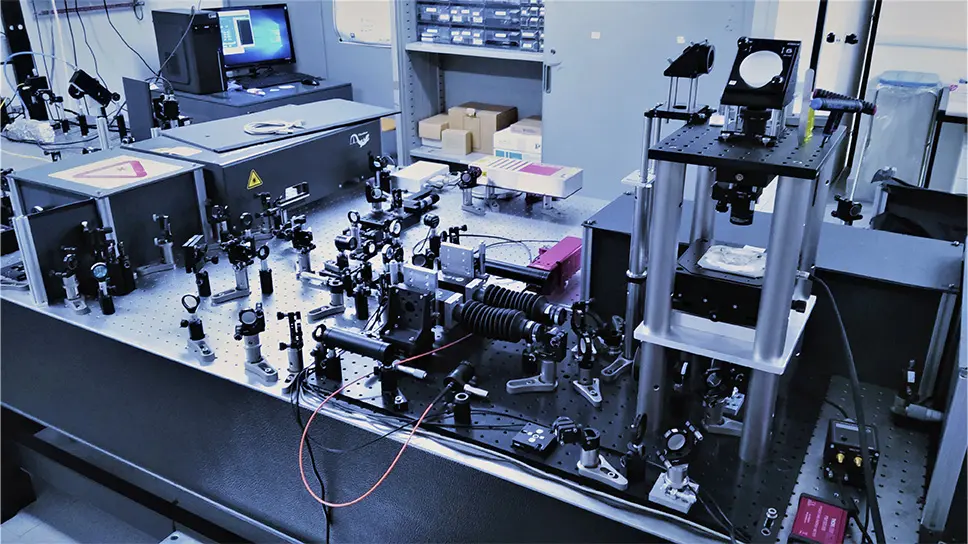
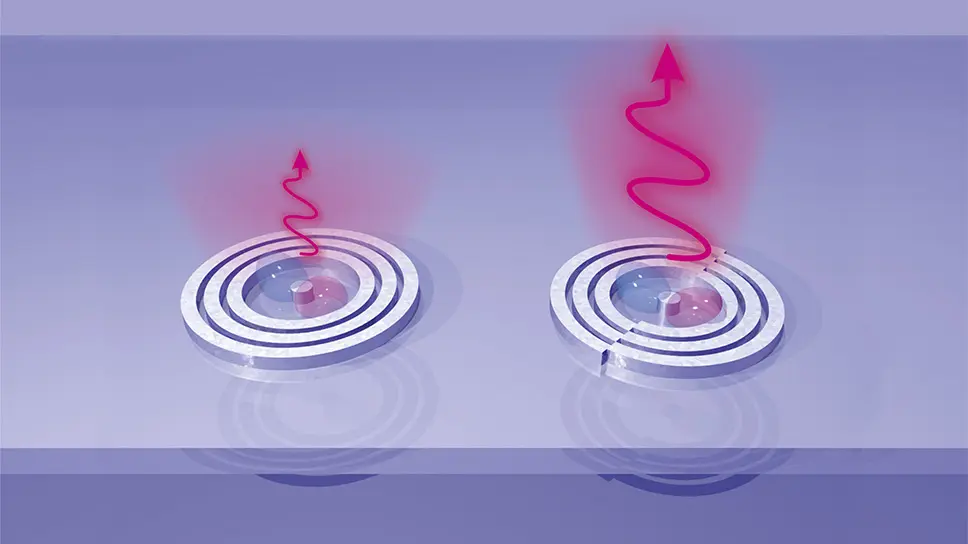
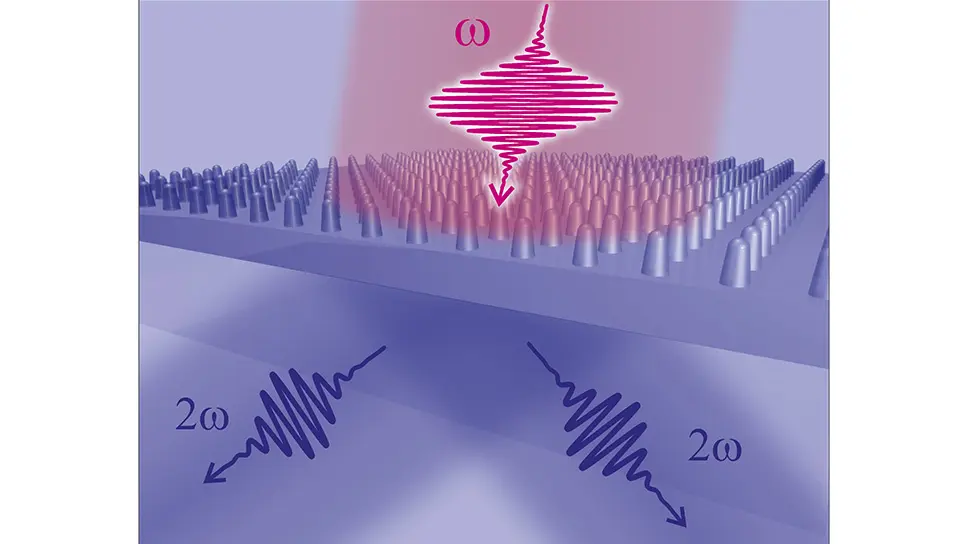
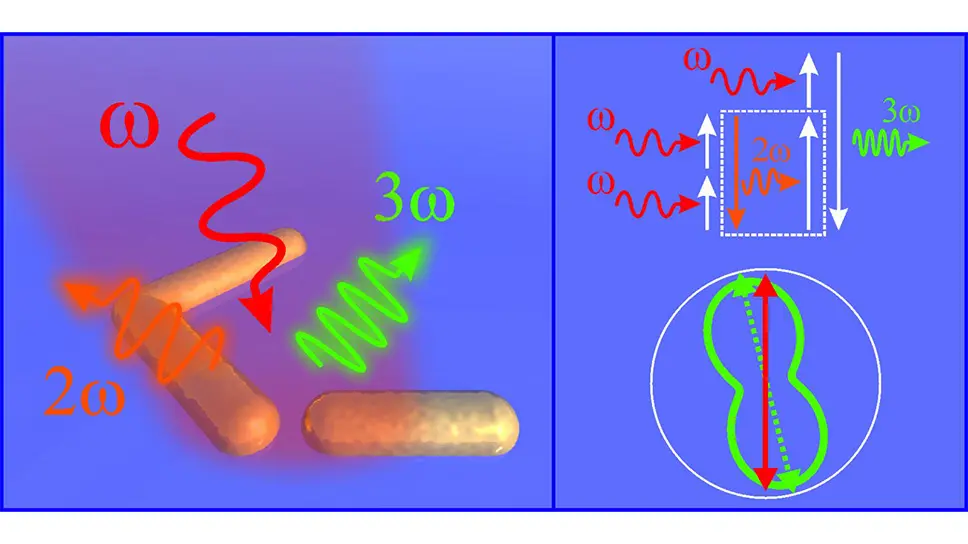
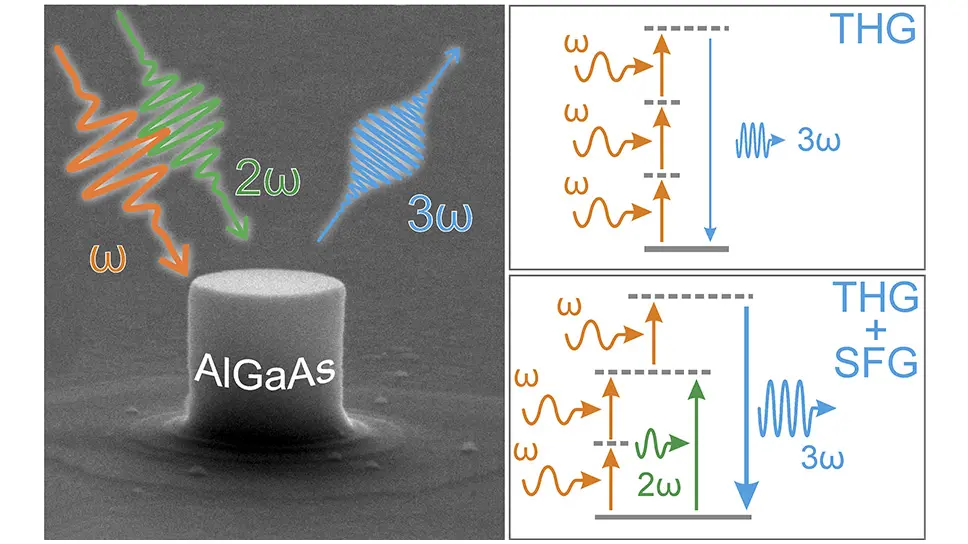
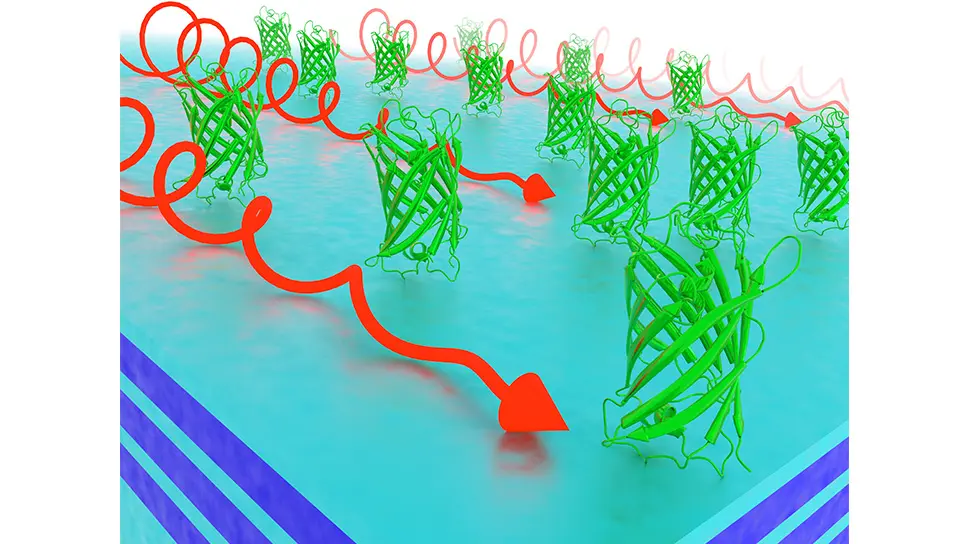
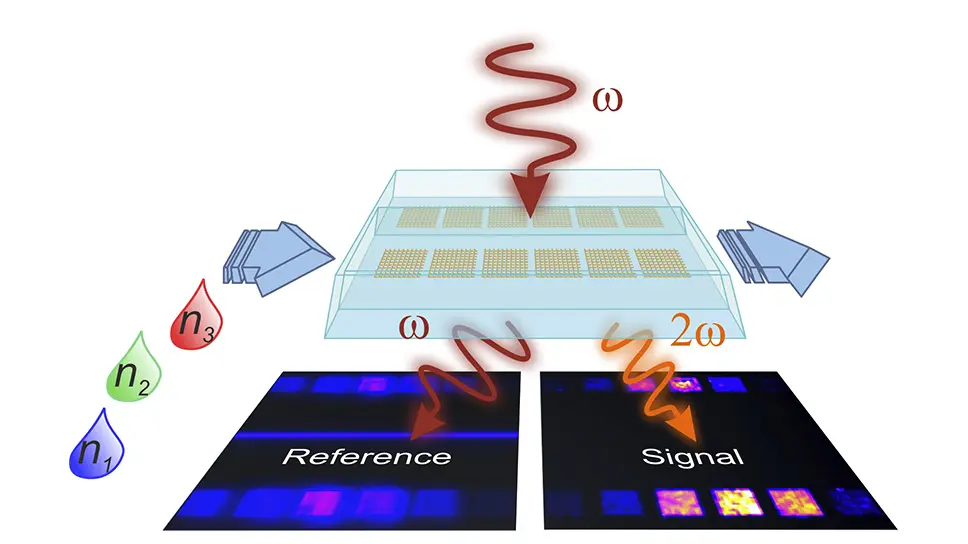
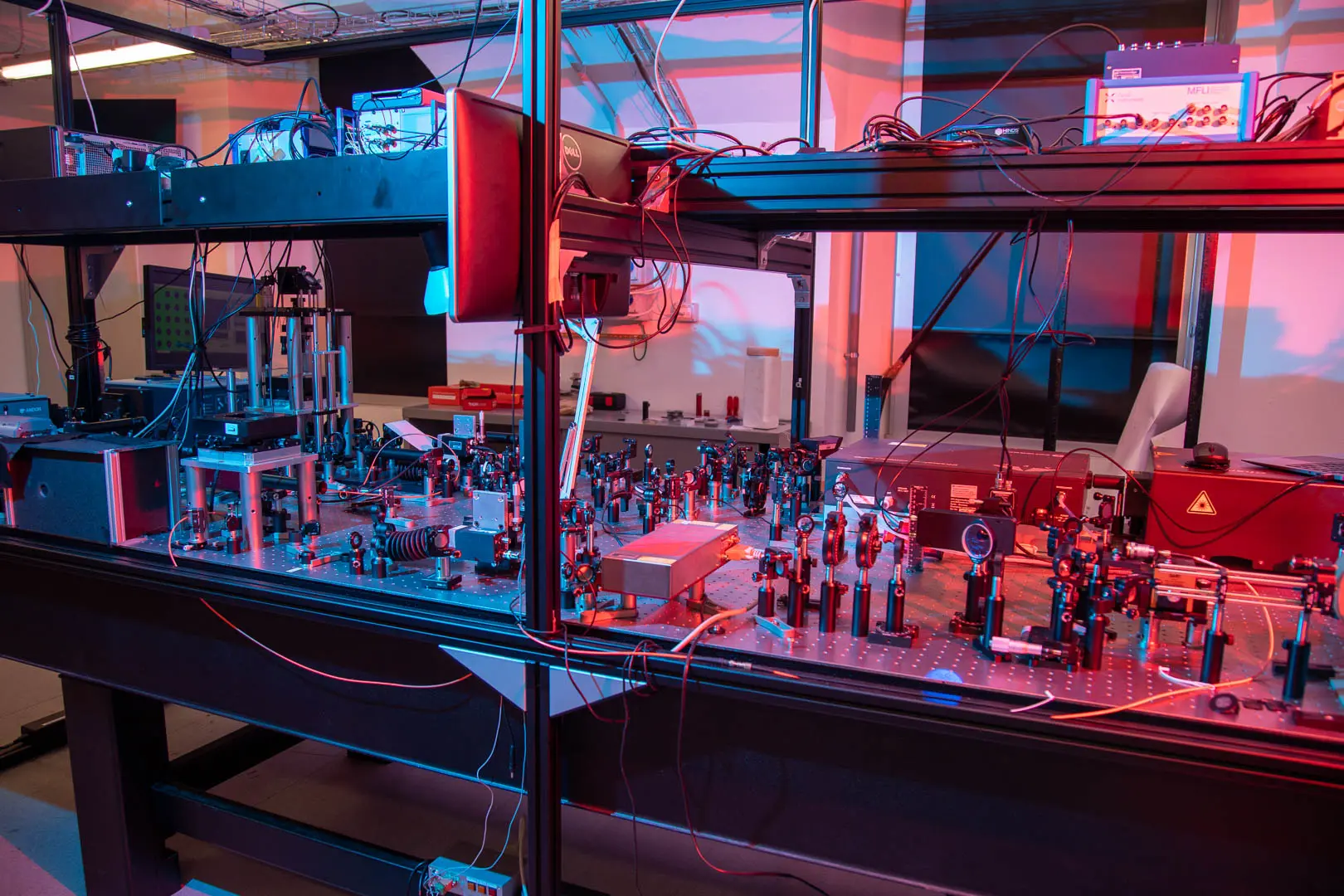
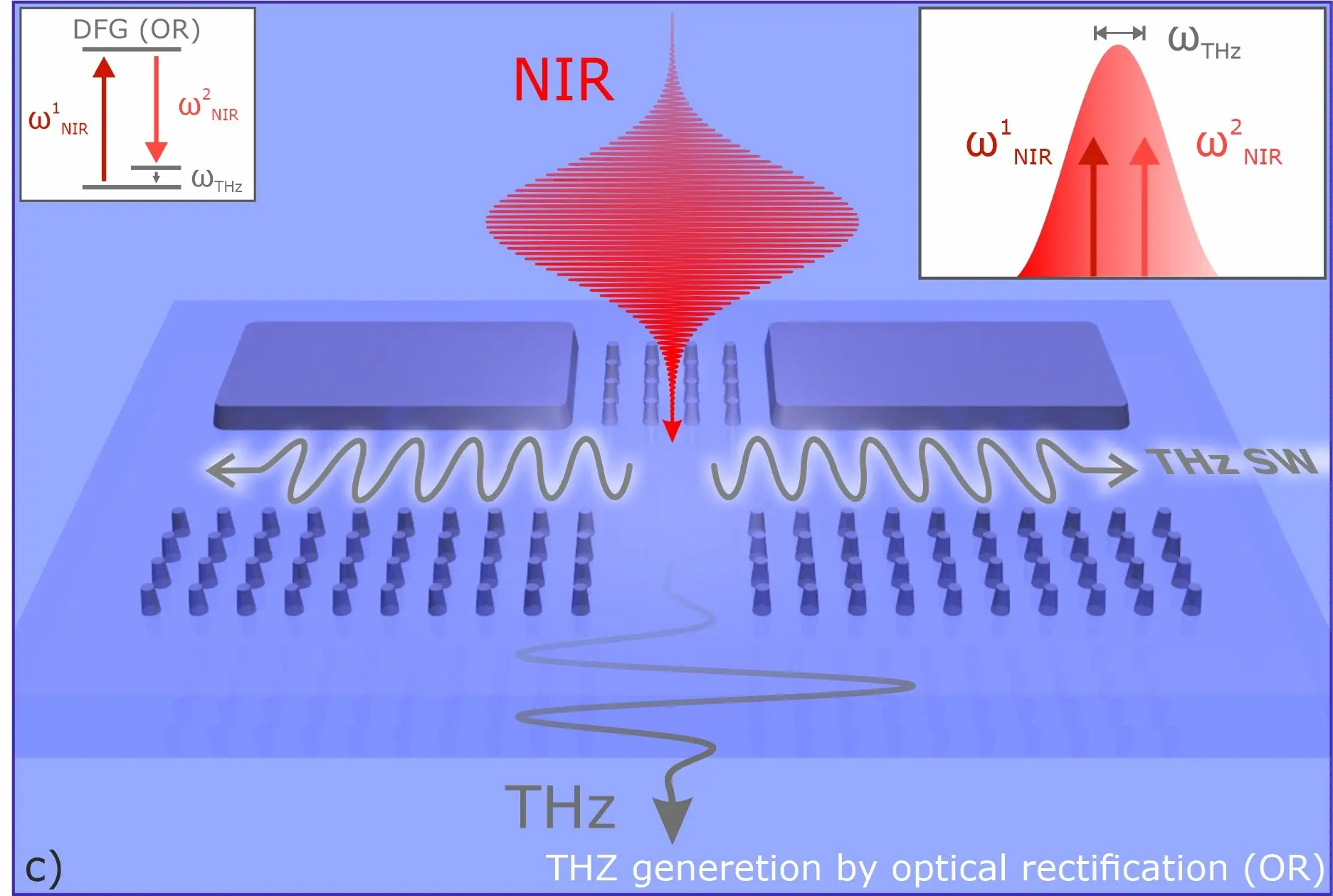
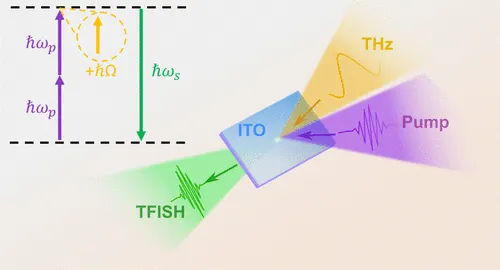
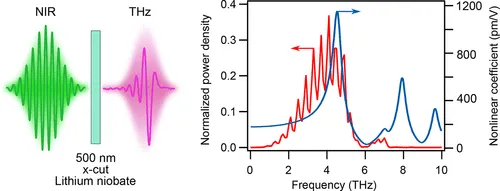
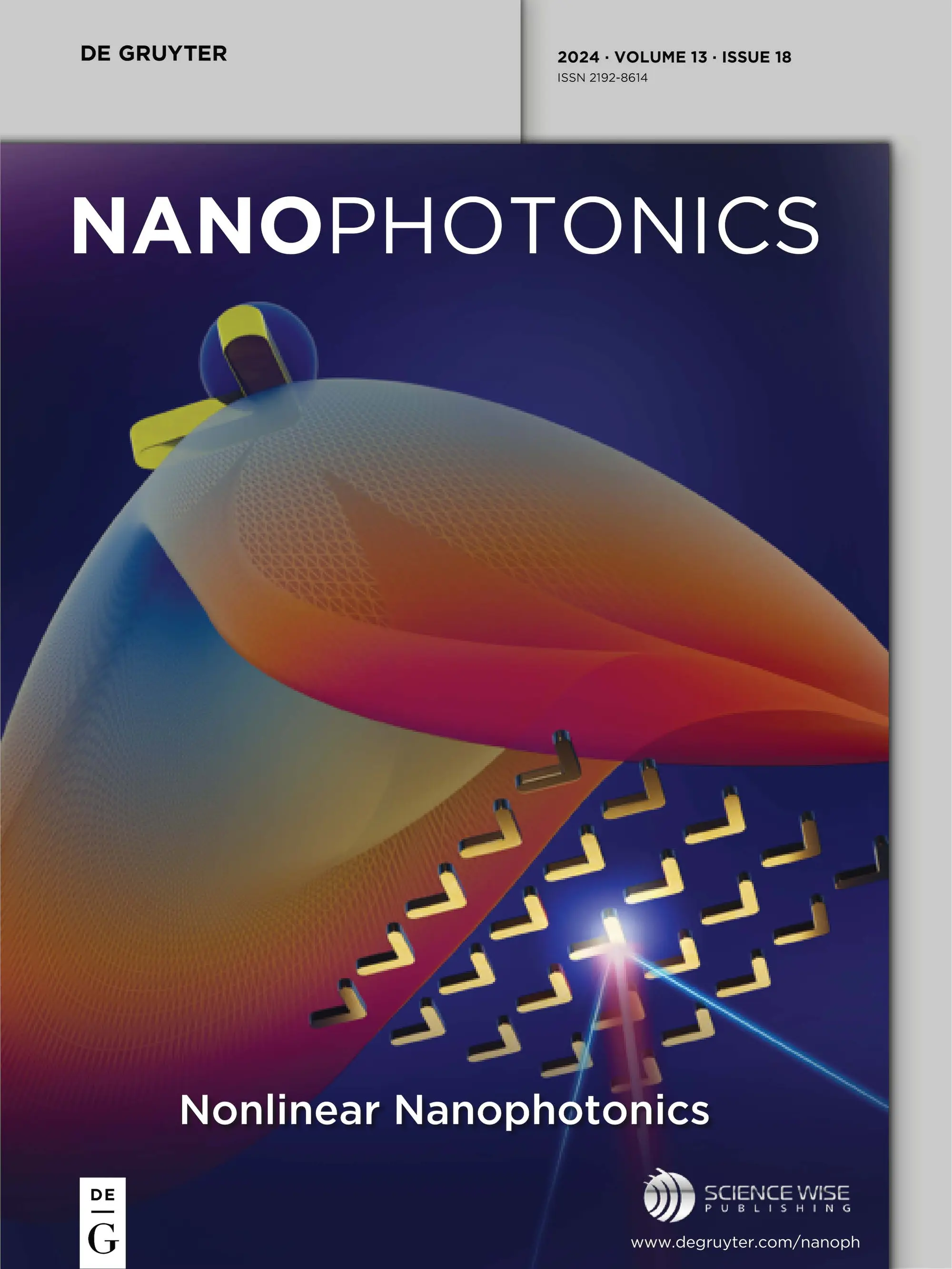
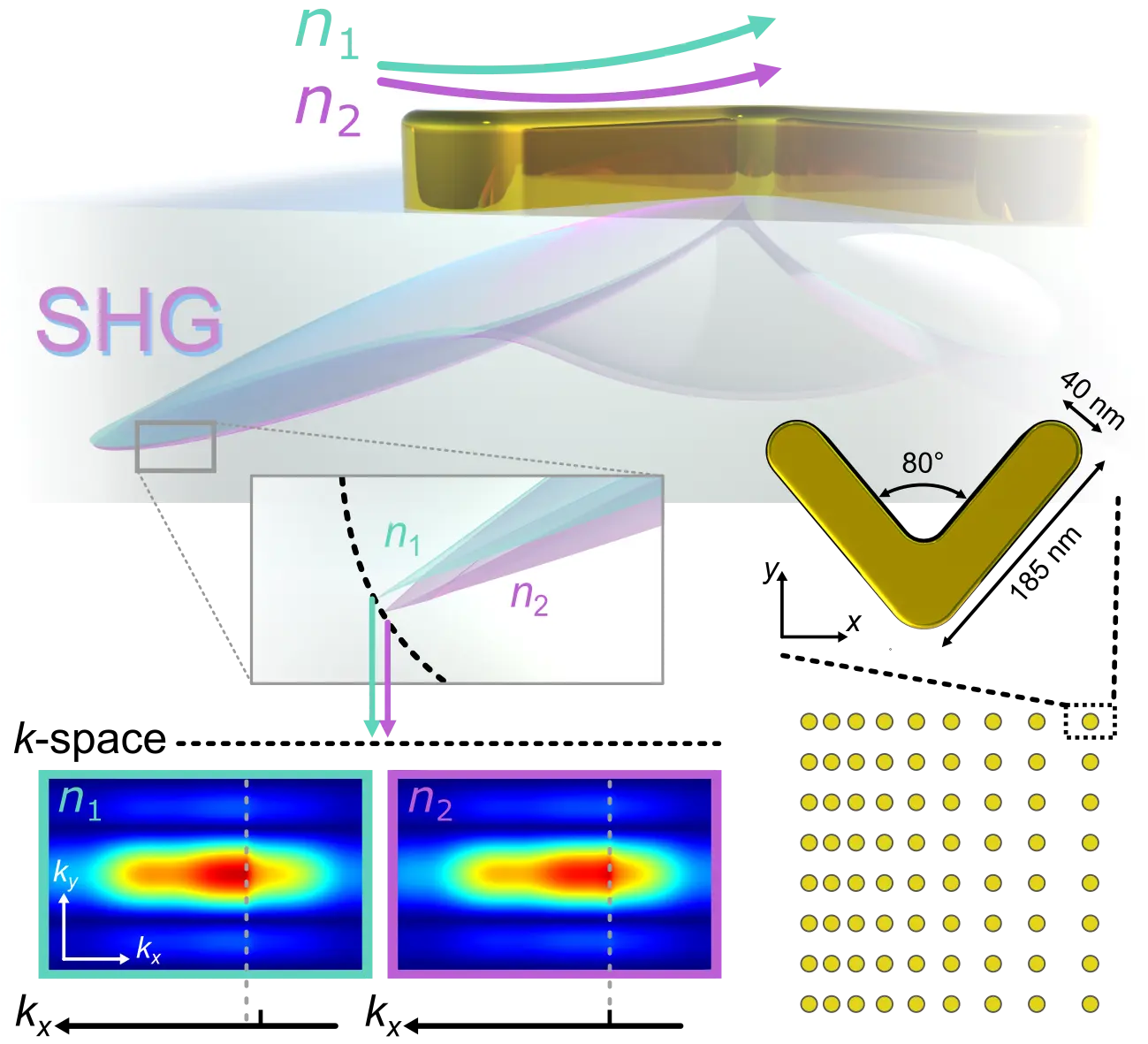
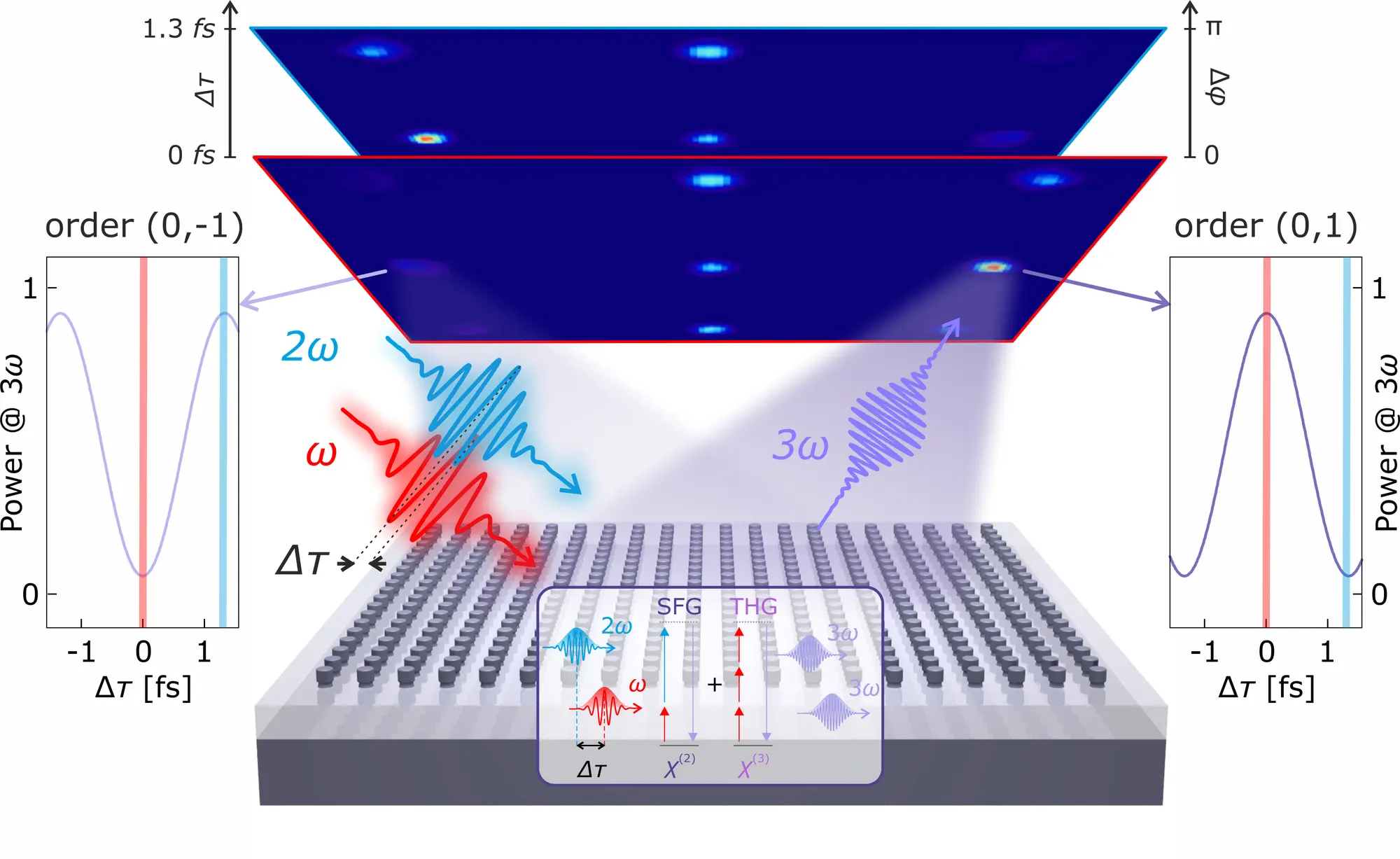
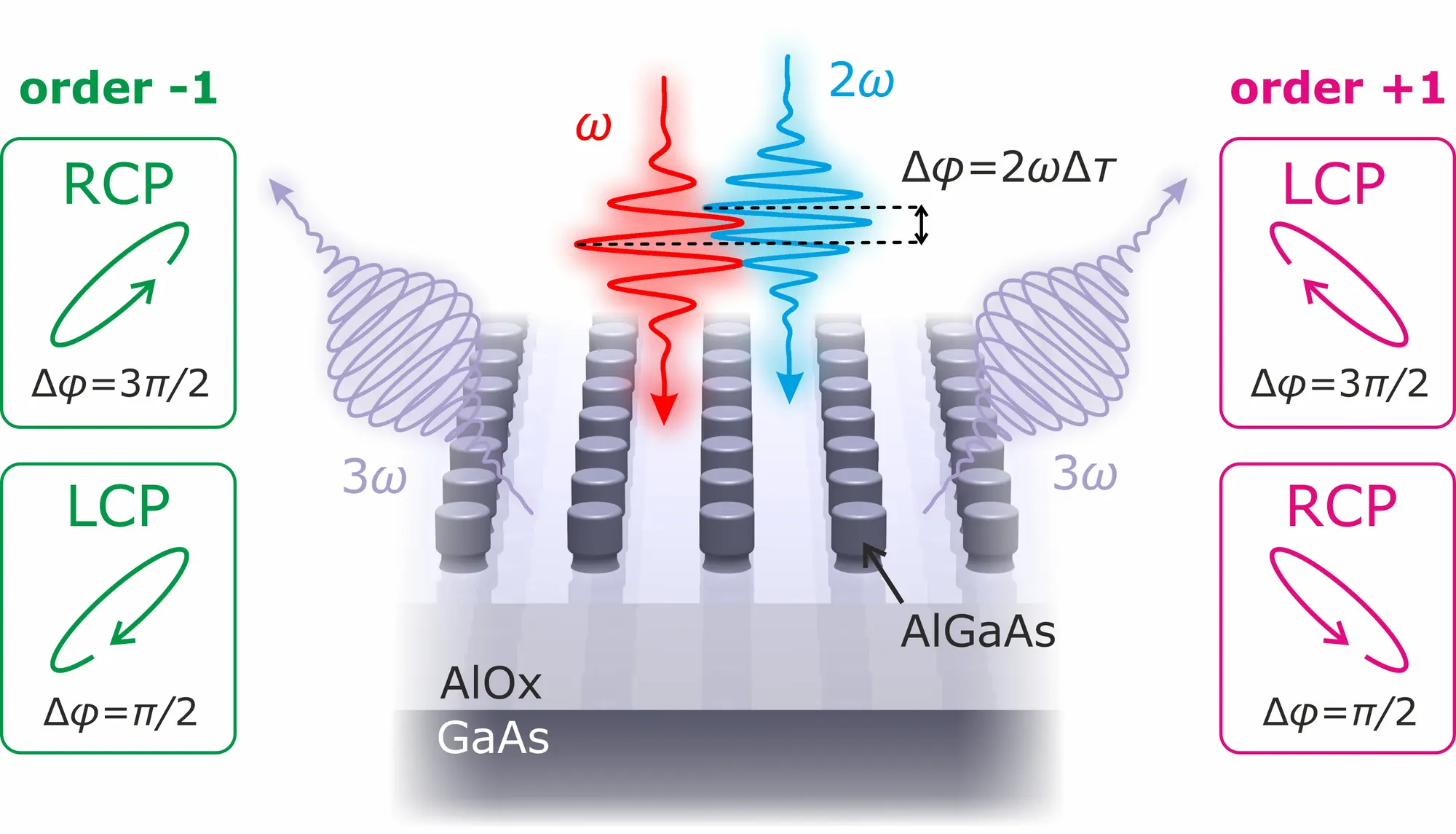
Research projects
Quantum-LiNbO
Find out moreNO LIMITHz
Find out morePRIN 2017 - NOMEN
Find out more